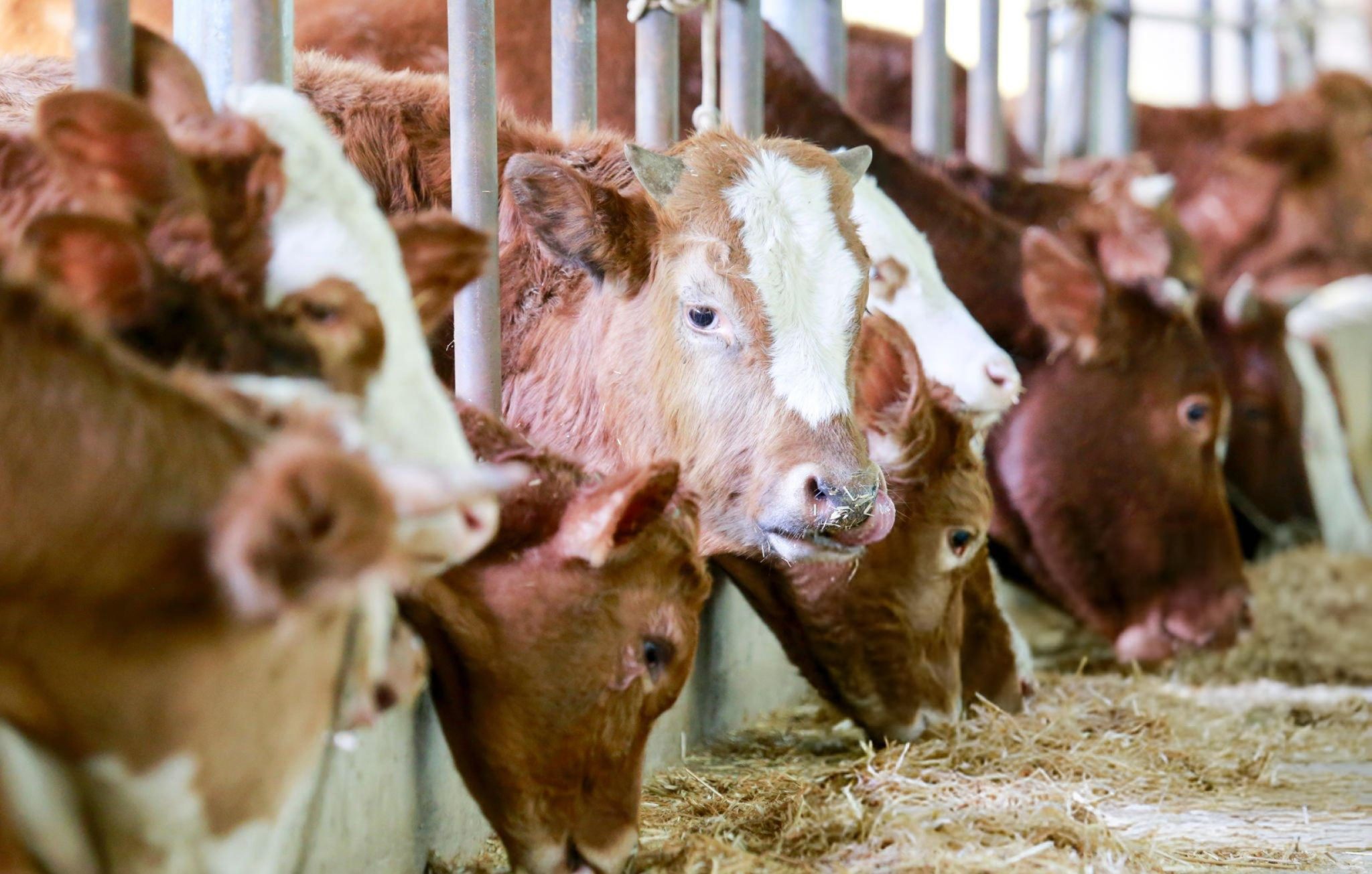Britain’s farmers welcome protection of import standards in US-UK trade deal, express concern over bioethanol concessions
London, 9 May 2025 — British farmers have cautiously welcomed the newly signed US-UK economic agreement, praising the government’s commitment to upholding UK food import standards, particularly on beef, while expressing serious concerns over tariff removals affecting the bioethanol sector.
The landmark trade agreement, unveiled on thursday, offers reciprocal access to both British and American beef producers with an allocated quota of 13,000 metric tonnes each. Crucially, the deal ensures that existing UK food safety standards remain untouched—a key demand from the National Farmers’ Union (NFU) and a manifesto pledge of the labour government.
This means that beef from the United States produced using growth hormones will continue to be banned in the UK, maintaining a long-standing restriction rooted in food safety and animal welfare concerns.
“We appreciate the government’s efforts in listening to our concerns, particularly around maintaining high standards, protecting sensitive agricultural sectors and securing reciprocal access for beef,” said NFU President Tom Bradshaw. “This is a clear sign that our voices are being heard, and that British consumers’ expectations are being respected.”
The deal represents a rare win for the UK’s agricultural sector amid ongoing trade negotiations, with many farmers wary of international deals that could undermine domestic standards and livelihoods. The beef quota deal, although modest in size, was seen as a fair exchange that does not compromise British farmers’ interests or consumer trust.
Brooke Rollins, U.S. Secretary of agriculture, welcomed the agreement, saying it would “exponentially increase” U.S. beef exports to Britain. But analysts suggest that this optimism may not be matched by market conditions. With the UK market heavily loyal to homegrown produce and price differences between compliant US and British beef being minimal, U.S. beef could face an uphill struggle for shelf space.
This is particularly relevant given the dominance of domestic meat in UK supermarkets. Britain’s two largest grocery retailers—Tesco and Sainsbury’s—currently source 100% of their fresh beef from British and Irish producers, a trend that is unlikely to shift drastically without clear consumer demand.
While the beef element of the deal garnered cautious approval, the same cannot be said for the bioethanol concessions. Under the terms of the agreement, tariffs on American bioethanol have been removed, granting U.S. producers full access to the British market. This has raised red flags within the UK agricultural sector, as bioethanol is a key input in beer production and its domestic manufacture supports a significant number of rural jobs.
“Two agricultural sectors have been singled out to shoulder the heavy burden of the removal of tariffs for other industries in the economy,” Bradshaw remarked, referring to beef and bioethanol. “This sends a worrying signal and risks undermining local production capabilities.”
The NFU has long argued that trade deals should be balanced and not come at the expense of specific farming communities or rural industries. The union called on the government to monitor the impact of increased bioethanol imports and to support affected British producers if necessary.
Although the agreement stops short of a full-scale free trade deal, it marks a significant deepening of economic ties between the UK and the United States, particularly after the UK’s departure from the European Union. Ministers have emphasised that this deal reflects a commitment to high standards and mutual benefit, but farming leaders remain watchful for any shifts that might disadvantage British agriculture in the long run.
With the general election still fresh in public memory, the Labour government’s ability to honour its promises on food safety and rural protection will likely remain under close scrutiny. As this deal rolls out, all eyes will be on its real-world impact in British fields, factories, and shopping aisles.






